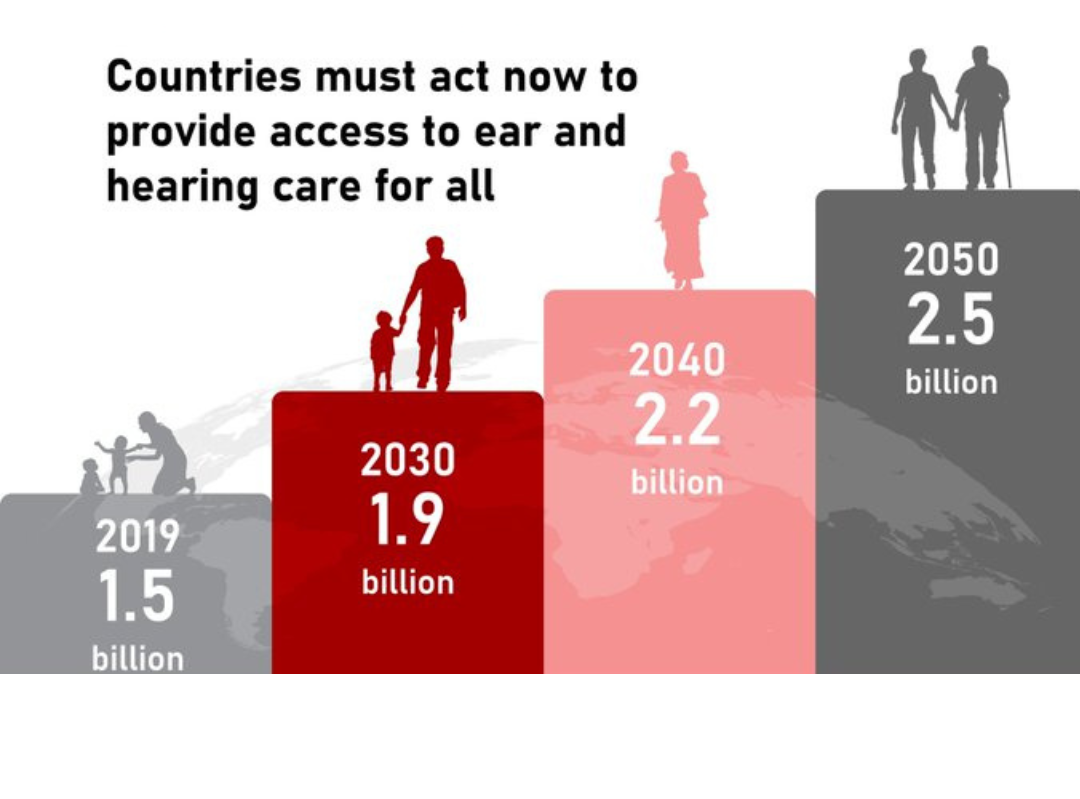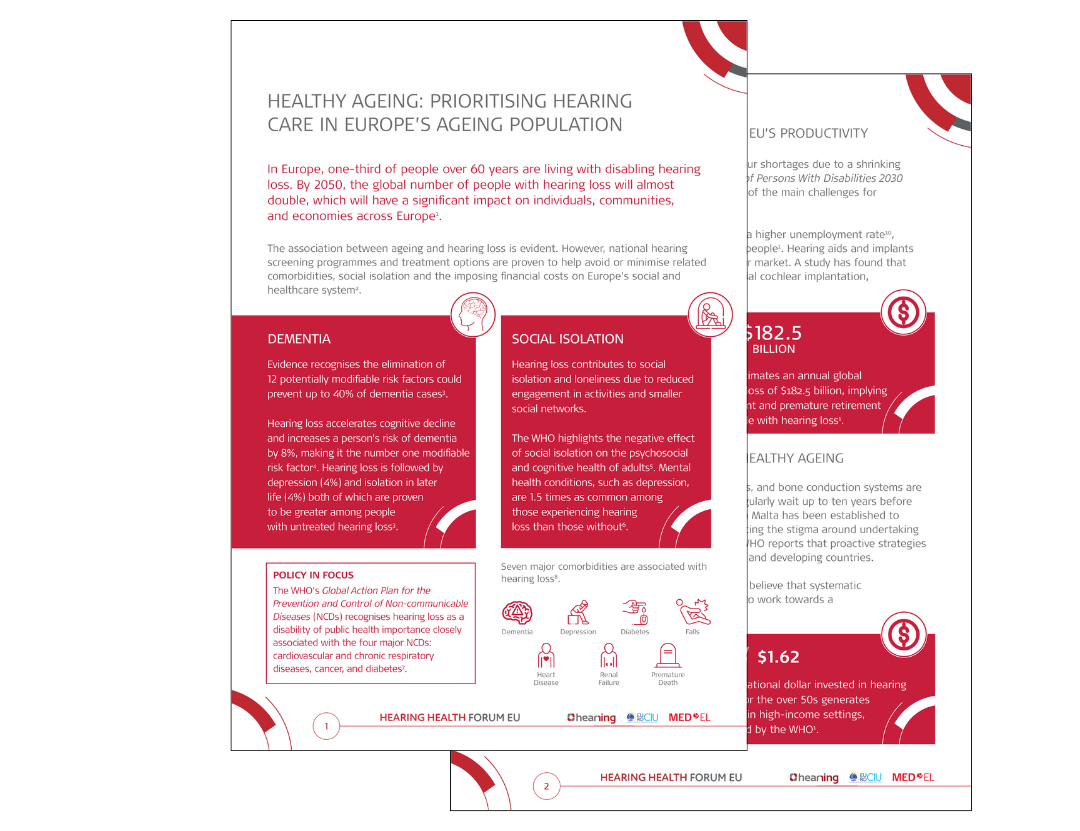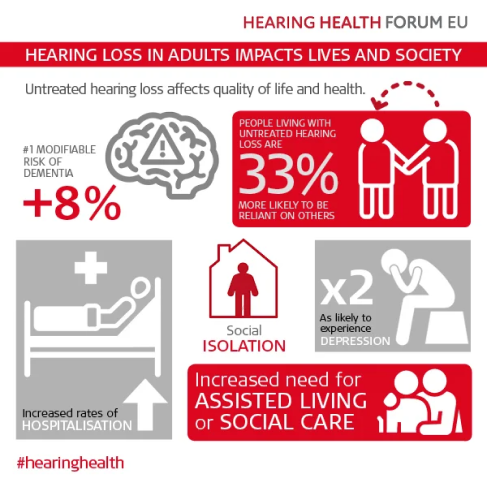Read more about hearing loss and healthy ageing in this topic paper. Download and share it!
The Hearing Health Forum EU and its partner HEARRING Group held a webinar titled “Healthy Hearing for Healthy Ageing: Addressing Challenges of Hearing Loss in the EU”. Hosted by DG SANTE of the European Commission, the session featured experts like Dr. Patrick D’Haese and Prof. Paul Van de Heyning who discussed the significant impact of hearing loss on Europe’s aging population. They provided actionable strategies to integrate hearing health into national and EU policies, promoting equal access to screening, treatment, and support.






